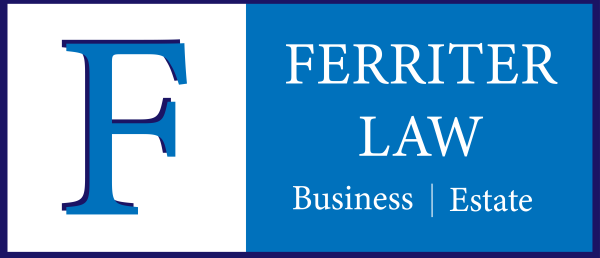Standing, or the right to pursue a judicial action, is often viewed in black-and-white terms, that is, either a plaintiff does or does not have standing. In some situations, however, the plaintiffs status cannot be so easily quantified. One notable grey area is found in shareholder derivative litigation.
Generally speaking, in order to maintains shareholder derivative suit, an individual plaintiff must own stock in the corporation at the time the controlling shareholders or directors committed the wrongful act against the corporation that is the subject of the action, and the plaintiff must retain ownership of that stock for the entire duration of the lawsuit. If these stock ownership requirements are not satisfied throughout the entire course of litigation, the plaintiff lacks standing to maintain the derivative action on behalf of the corporation. This general rule is premised on the rationale that a former shareholder would not personally benefit from a recovery by the corporation; therefore, he/she “might be willing to accept an improper or inadequate settlement” to the detriment of the remaining shareholders. Noakes v. Schoenborn, 116 Or. App. 464,470,841 P.2d 682,685 (1992).
Some courts, however, have recognized exceptions to this general rule of standing for shareholder derivative actions. The principal exceptions “have been codified by the American Law Institute in Principles of Corporate Governance (1992)(the Principles)” and adopted as state law. Lowen v. Galligan, 130 Or. App. 222,232, 882 P.2d 104, 113 (1994); see also Cukerv. Mikalauskas, 547 Pa. 600, 613, 692 A.2d 1042, 104 (1997).
Section 7.02(a)(2) of the Principles expresses the conclusion that “an otherwise eligible shareholder who has been involuntarily eliminated should be permitted to bring and continue the corporate cause of action if unjust enrichment otherwise seems likely to result.” Under this section, an individual who was once a shareholder may pursue a shareholder derivative action even after he loses his shares if his failure to hold the equity security “is the result of corporate action in which the holder did not acquiesce.” This may occur, for example, when a corporate merger eliminates the plaintiffs ownership of the corporate stock. Workman v. Verde Wellness Ctr., Inc., 240 Ariz. 597,604,382 P.3d 812, 819 (Ct. App. 2016); Lewis v. Anderson, 477 A.2d 1040, 1047 (Del. 1984). In such cases, there is no danger that the plaintiff might be motivated to accept an improper or inadequate settlement on behalf of the corporation; therefore, the policy behind the general rule against standing is inapplicable. Noakes, 116 Or. App. At 470, 841 P.2d at 685-86.
In addition, for the former shareholder to retain derivative standing, he must be “better able to represent the interests of the shareholders than any other holder who has brought suit[.]” Principles,§ 7.02(a)(2). To meet this requirement, the plaintiff “must not have or exhibit ulterior motives and must not be pursuing an external personal agenda.” Simmons v. Sutherland, No. 80-E, 1998 Pa. Dist. & Cnty. Dec. LEXIS 200, at *13 (Ct. Com. Pl. Nov. 12, 1998).
If a plaintiff who was a minority shareholder alleges that he was deprived of his equity interest in the company by the majority officers’ fraudulent actions, the plaintiff qualifies as “an otherwise eligible shareholder who has been involuntarily eliminated” within the meaning of the Principles, § 7.02(a)(2). In effect, where the controlling shareholders or directors committed fraud against the corporation and also stripped the plaintiff of his/her shares, the plaintiff is permitted to continue to pursue his/her shareholder derivative action on behalf of the corporation and against the controlling shareholders or directors.
This exception to the general rules of standing shows that principles of fairness and equity are important components of a shareholder derivative action. Particularly in the context of close corporations, the law does offer some protections to minority shareholders who have been forced out of the company but still wish to enforce the interests of the corporation as against the controlling shareholders or directors.


Leave a Reply